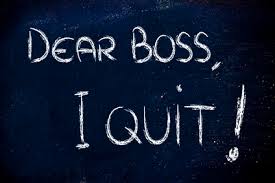Want to be a great manager? Of course there are different styles, but there’s a common denominator…Continuing on the theme of people, and their vital relationship with their superiors, here’s a zoom on what sets great managers apart. It’s written by Marcus Buckingham author of several best-selling books including StandOut 2.0: Assess Your Strengths, Find Your Edge, Win at Work (Harvard Business Review Press).
 “In my research, beginning with a survey of 80,000 managers conducted by the Gallup Organization and continuing during the past two years with in-depth studies of a few top performers, I’ve found that while there are as many styles of management as there are managers, there is one quality that sets truly great managers apart from the rest: They discover what is unique about each person and then capitalize on it. Average managers play checkers, while great managers play chess.
“In my research, beginning with a survey of 80,000 managers conducted by the Gallup Organization and continuing during the past two years with in-depth studies of a few top performers, I’ve found that while there are as many styles of management as there are managers, there is one quality that sets truly great managers apart from the rest: They discover what is unique about each person and then capitalize on it. Average managers play checkers, while great managers play chess.
The difference? In checkers, all the pieces are uniform and move in the same way; they are interchangeable. You need to plan and coordinate their movements, certainly, but they all move at the same pace, on parallel paths. In chess, each type of piece moves in a different way, and you can’t play if you don’t know how each piece moves. More important, you won’t win if you don’t think carefully about how you move the pieces. Great managers know and value the unique abilities and even the eccentricities of their employees, and they learn how best to integrate them into a coordinated plan of attack.”
Picture: www.gamesfromeverywhere.com.au





